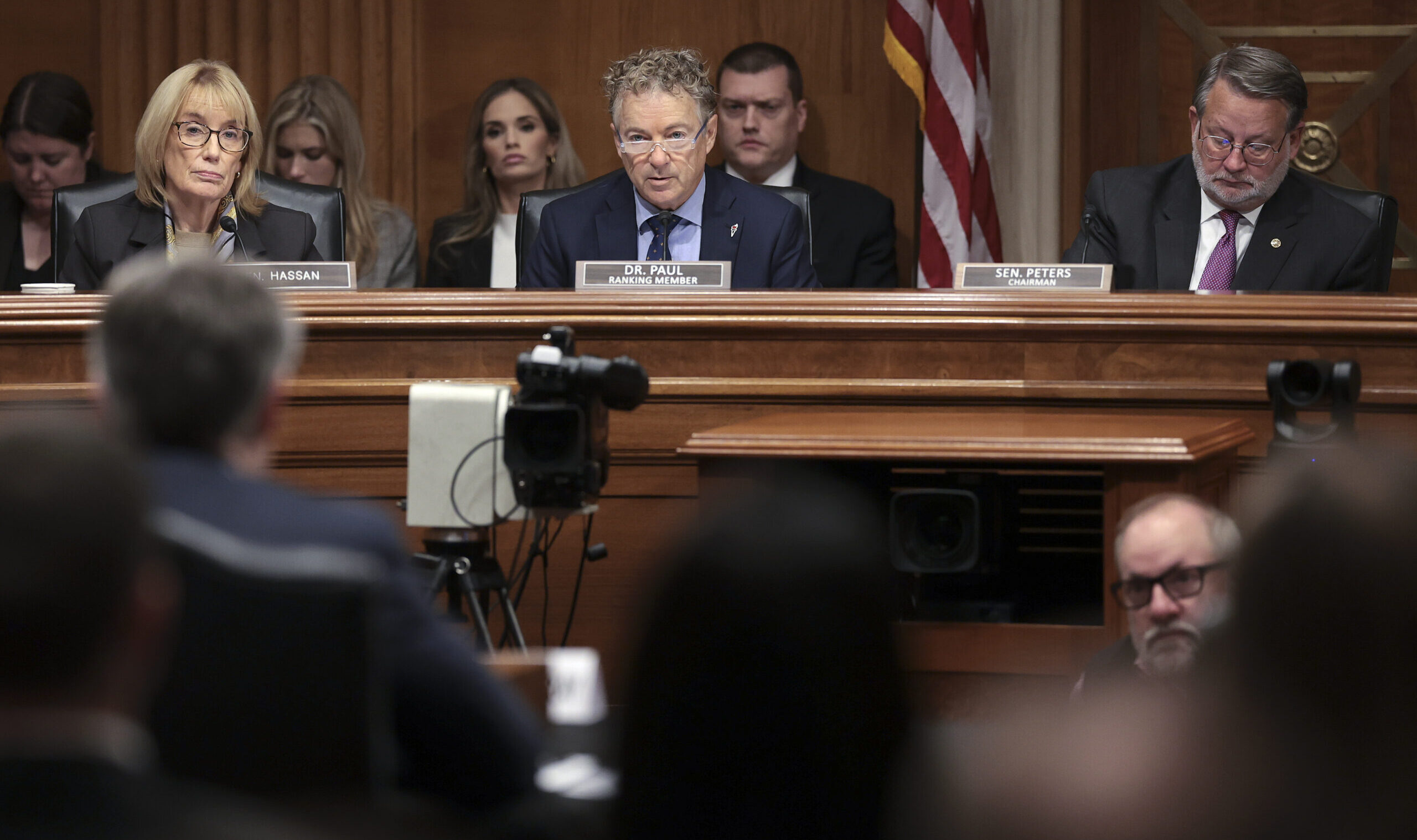Containing China
Instead of emulating the policies of pre-World War I Britain toward Germany, the United States should take a page from another chapter in British history. In the late 1800s, although not without tension, the British peacefully allowed the fledging United States to rise as a great power, knowing both countries were protected by the expanse of the Atlantic Ocean that separated them. Taking advantage of that same kind separation by a major ocean, the United States could also safely allow China to obtain respect as a great power, with a sphere of influence to match. If China went beyond obtaining a reasonable sphere of influence into an Imperial Japanese-style expansion, the United States could very well need to mount a challenge. However, at present, little evidence exists of Chinese intent for such expansion, which would run counter to recent Chinese history. Therefore, a U.S. policy of coexistence, rather than neo-containment, might avoid a future catastrophic war or even a nuclear conflagration. ~Ivan Eland
Mr. Eland’s parallel with pre-1914 British policy towards Germany is very perceptive. In the pre-Dreadnought era, British supremacy was so unquestioned that Germany could never have realistically challenged it, yet in transforming its military and adopting a confrontational posture with Berlin Britain managed to create at once a threat and a nemesis that had not existed before. The problem of Taiwan, and the perceived need to develop a navy capable of retaking it, even if America supports Taiwan, has spurred the development of what might become the first really formidable Chinese navy since the Ming dynasty. The unnecessary external pressure from America, and the encouragement this instills into Taiwanese independence politics, is helping to make China look to naval power for practically the first time in the modern era. We are in the process of provoking a threat and a real adversary in the Pacific that need not have existed.
Mr. Eland’s observation is just the sort that only non-interventionists seem able to make. Just as it is part of the interventionist narrative of the 20th century that the Central Powers were the villains and their “autocracy” had to be combated, the same idea of defending free Taiwan from the admittedly far worse, more oppressive (than the 1914 German government, that is) Chinese goverment is accepted as a sort of obvious moral commitment.
In the same way that Irving Kristol argued that we have an obligation to any “democracy” anywhere because of “shared values,” because we are supposedly an “ideological nation,” the pro-Taiwan lobby (many of whom are among the most belligerent interventionists elsewhere) somehow sees extending yet another disastrous guarantee to yet another East Asian country against its exceedingly nationalist-communist neighbours as a natural extension of the idea that, as Mr. Bush foolishly said in his Inaugural Address, “America’s vital interests and our deepest beliefs are now one.” (Question: have we ever come out better for any of our East Asian adventures, or have they all been mistakes with unacceptable costs?) The case of Taiwan shows better than anything that this statement is not simply a mistake or a delusion but a deliberate falsehood. Anyone who believes our vital interests include nuclear war, or even the risk of nuclear war, for Taiwan possibly belongs in a sanitarium, but he should not be making foreign policy for this country.
